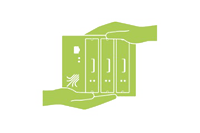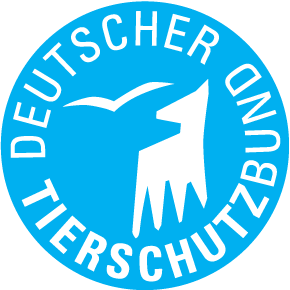Unbelievable, what bonding DSL, UMTS and LTE makes possible
Getting On Board And Online
Luxurious river cruises require not only impressive logistics but also an extensive understanding of customers’ needs. Especially in the five-star segment, it’s no longer enough to provide star-cuisine, exquisite bedding and well-balanced leisure activities. Customers also demand to get online whenever they choose, via the same broadband Internet they’re used to at home or at work and keep in touch with family and friends or their coworkers via emails, photos, video conferences, but also use video-on-demand services etc. As leading network-independent connectivity specialist in the field of Machine-to-Machine (M2M) communication, M2MBlue is an expert when it comes to providing river cruise vessels and super yachts with the broadband connectivity they desire. And here’s why M2MBlue counts on Viprinet technology to help fulfill these high-speed demands.
Animal welfare with new connection
Since 1881, the Deutsche Tierschutzbund e.V. (German Animal Protection Association) endeavors to raise people‘s awareness of animal welfare. Today, this idea is more important than ever, which is why the holding organization of numerous German animal welfare groups emerged as a very modern institution with several locations. Unfortunately, the interconnection of these sites was not able to keep up with the progress of the organization. Until now, the system used so far was complicated and unadaptive to modern demands. Moreover, it was contrary to the ambition of downsizing the IT department. Here, the Viprinet technology provided the ideal solution.
Live Broadcasting from Everywhere
In the broadcasting industry, ISDN connections have been used for years for setting up reliable audio connections. Many broadcasters are hesitating to move replace their well-known and stable solution, mainly out of fear of quality problems when relying on poor broadband connections, as well as whether the connection happens to drop. Low bandwidth and packet loss as associated with mobile connections will have a strongly negative effect on the quality of the audio transmission, and reduce the joy of listening to the radio. To prevent that, Qmusic, one of the leading Dutch commercial radio stations with about 2.5 million people weekly tuning in, deploys a Viprinet WAN bonding solution for all their offsite broadcasting. They use Viprinet technology to bond several 4G mobile phone networks to get a solid audio connection to their studio in Amsterdam. Here’s why and how:






















